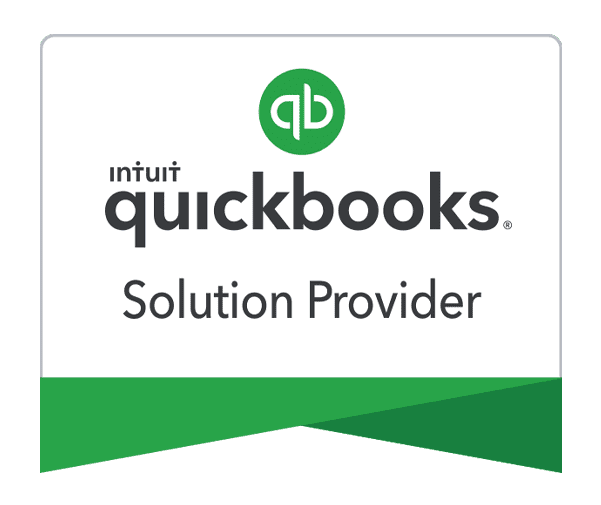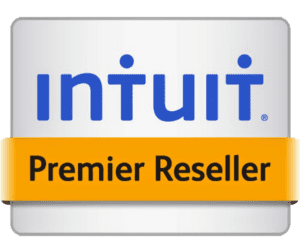Just register for the free trial below and we will send you everything you need to evaluate QuickBooks Online including 30-day access, the full 76-page QuickBooks Online Guide (details everything that you can do in the software) plus the video training library. Free end-to-end consultation and support are included so if you need any help along the way, just let us know!
Understanding the Differences Between Cash and Accrual Accounting in QuickBooks Online

Paygration, Inc.
Cash accounting and accrual accounting are two primary account methods that are widely used to report financial transactions. QuickBooks Online offers users the flexibility to choose between these methods based on their business needs.
In this article, we’ll explain the differences between cash and accrual accounting in QuickBooks Online to help you understand how you should record and organize your revenue and expenses.
Cash Accounting
Cash accounting is a straightforward approach where transactions are recorded when cash is exchanged. In other words, revenue is recognized when payment is received, and expenses are recognized when payments are made. This method is particularly suitable for small businesses or sole proprietors with simple financial operations. Let’s examine how cash accounting works in QuickBooks Online:
- Recording Revenue: With cash accounting, revenue is entered into QuickBooks Online only when the payment is collected. For instance, if you invoice a client on August 15 but receive the payment on September 1, the revenue is recorded in September.
- Managing Expenses: Expenses are also recognized when payments are made. If you purchase supplies on credit in August but pay the bill in September, the expense is recorded in September.
- Dashboard View: The dashboard in QuickBooks Online reflects the actual cash transactions, providing a snapshot of your cash flow at any given moment.
If you would like to try the full version of QuickBooks Online Advanced, click here to get a free 30-day no-commitment trial plus access to the full video training library.
Accrual Accounting
Accrual accounting is a more comprehensive method that records transactions when they are incurred, regardless of when the actual cash exchange takes place. This method provides a more accurate representation of a business’s financial health and is often favored by larger businesses or those with complex financial structures.
- Recording Revenue: Revenue is recognized when it is earned, regardless of when payment is received. For example, if you provide services in August and issue an invoice, the revenue is recorded in August even if you receive payment in September.
- Managing Expenses: Expenses are recorded when they are incurred, regardless of payment timing. If you receive a bill for services in August but pay it in September, the expense is recorded in August.
- Dashboard View: In the accrual accounting mode, the dashboard in QuickBooks Online provides a more comprehensive overview of your financial performance, incorporating pending transactions.
Choosing the Right Method for Your Business
When choosing between cash and accrual accounting in QuickBooks Online, you must consider the following factors:
- Business Size: Smaller businesses often find cash accounting more manageable due to its simplicity. Larger enterprises with complex transactions may lean toward accrual accounting for a more accurate representation of their financial status.
- Cash Flow Management: Cash accounting offers a clear view of available cash, helping you better manage cash flow. Accrual accounting, on the other hand, may provide a more accurate long-term financial perspective.
- Tax Implications: Some tax regulations require businesses to use accrual accounting once they reach a certain size or revenue threshold. That’s why understanding local tax laws is essential when making your decision.
- Business Goals: If your business seeks investors or loans, accrual accounting might present a more accurate financial picture to potential stakeholders.
Switching Between Methods in QuickBooks Online
QuickBooks Online lets you switch between cash and accrual accounting based on your business’s evolving needs. However, the choice isn’t arbitrary. Once you select a method and start recording transactions, changing methods can affect your financial statements. Therefore, consult with an accountant or financial advisor before making the switch.
To select your accounting method, click on the cog wheel icon and then select Advanced settings. Go to the Accounting section, and select Cash or Accrual from the dropdown menu under Account method, as shown below.
Whether you lean toward cash accounting for its simplicity or accrual accounting for its comprehensive perspective, understanding these methods and their implications ensures accurate financial reporting and informed decision-making.
















